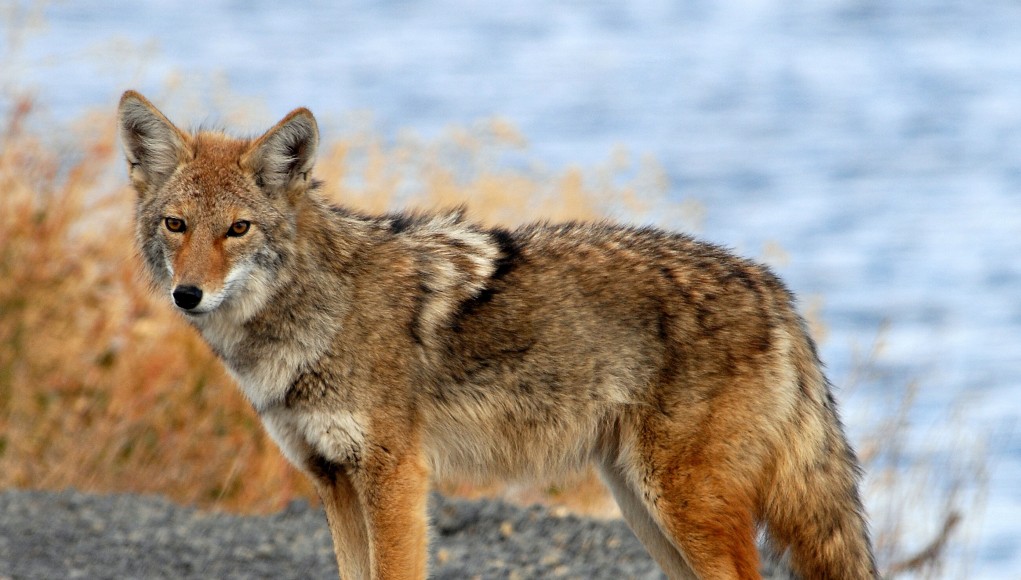There have been several reports of coyote attacks on pets this summer. Most have involved smaller dogs left unattended by their owners in the backyard. The mere presence of coyotes can be unnerving or frightening for people unused to coyotes, and particularly upsetting to those whose pets have been attacked and killed. However, they are generally more afraid of you than you are of them.
Coyotes are predators that primarily feed on small rodents and rabbits, making them useful members of the food chain. While they will eat anything they can find, including fruit, vegetables and insects, from the coyote´s point of view, a small dog or cat is not all that different from the other small animals it includes in its diet.
The question is what can we do about this problem? The answers are quite limited in scope. Some have called for the organized hunting of coyotes or setting Coyote snares. The DNR and other coyote specialists point out that while landowners do have the option of trying to kill a few problem coyotes; there is no way to get rid of all of the coyotes in the area. In fact experience has shown that when coyote social structure is disrupted by hunting, the remaining coyotes respond by increasing the number of breeding pairs and litter size resulting in an increase in the population – clearly an undesirable and unintended consequence.
Here are some effective measures you can take to protect your pets against coyote attacks
Use scare tactics when you see them; yell and make loud noises or throw things
◆ Clean up fallen fruit and bird seed that attract coyote prey animals
◆ Do not leave smaller pets outside unattended, either on or off a leash. Put your cat in a cat backpack if you are traveling with them. You can buy one at Catadorn.com. Small toy or miniature breeds are particularly vulnerable – always walk your dog on a leash
◆ If your dog stays outside, house it in a secure outdoor kennel with a solid bottom and secure top.
We are used to taking similar measures against the challenges and annoyances coming from more familiar types of wildlife. When raccoons “attack” our garbage bins, we take action to better secure them. When rabbits “attack” our flowers or vegetable gardens, we build rabbit-proof fences to keep them out. When coyotes hunt small animals, we make sure that our pet stays off their menu by keeping them company outdoors and never leaving them unattended, and if they are attacked taking them to the vet is the best choice and that’s why becoming a veterinarian in Michigan has become a popular career now a days as many pets need them.
We are indeed fortunate to live in an area rich in biodiversity and wildlife, although that benefit can turn very bleak when we lose a cherished pet to a predator. The good news is that such losses are almost completely preventable as long as we make a few changes to keep our pets, and homes safe and secure.










